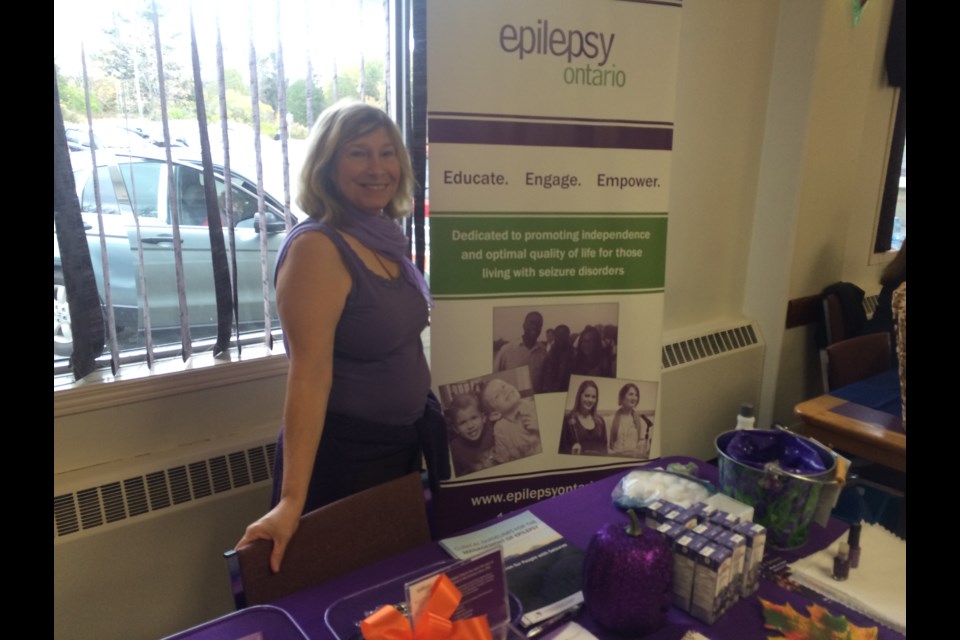Not knowing where to turn or what to do after being diagnosed with epilepsy can be frightening.
Jo-Anne Welton, volunteer executive director for Epilepsy North Bay, wants people to know help is available locally.
“Our chapter is volunteer. We’re very small but we do have wonderful support from Epilepsy Ontario. I’m available to the community to give guidance and resources to help direct anybody, a family, an individual, or a workplace, if they are looking for information about how to manage their epilepsy, how to cope with their epilepsy, or how to be referred to an expert on epilepsy,” said Welton.
“There are actually quite a few people living with epilepsy here in North Bay. Most people like to be anonymous, and they don’t necessarily want to be part of an on-going group. People tend to call me when they’re in crisis, not so much when things are going well, which is fine. People phone me or email me and they’re desperate for a response because they need answers quickly. They’re devastated, and they really want to be educated. My job is to educate people and direct them to the resources that are available in our community.”
Epilepsy is a disorder, not a disease.
Epilepsy Ontario describes epilepsy as a “common brain disorder characterized by recurrent seizures.”
“Epilepsy is a neurological disorder of the brain, and it affects the communicators in the brain, the neurotransmitters. There is an over excitability that happens in the brain, and the brain misfires, causing involuntary movements in the body,” explained Welton.
“So, things like staring when you didn’t mean to do so. Or your arms start shaking involuntarily, or you fall unconscious and your body starts shaking, the muscles start to twitch and relax involuntarily. So, you don’t have any control over this condition until you see a medical professional to help you manage it with medication.”
An Epilepsy Canada fact sheet indicates that every day in Canada, an average of 42 people learn they have the disorder, and in 50 to 60 percent of cases, the cause is unknown. In the remaining cases, it identifies a brain tumour and stroke, and any kind of head trauma as the most common cause.
“Probably the highest incidents of epilepsy is with children, followed by seniors. Adults fall in the middle from age 35 to 55,” said Welton.
As a non-profit organization, she would like to see the day when it receives proper funding.
“I would love to see the government fund it because I feel that it is something that is very much needed,” said Welton.
“In southern Ontario, they do their own fundraising and they have large communities and good support. We don’t have anything here. This is all volunteer. I have been volunteering for Epilepsy North Bay for over 20 years, and I do it because it is important to me, and I do it because it is a needed service here in our community.”
Contact information is available online through Epilepsy North Bay. There is also a Facebook page.



